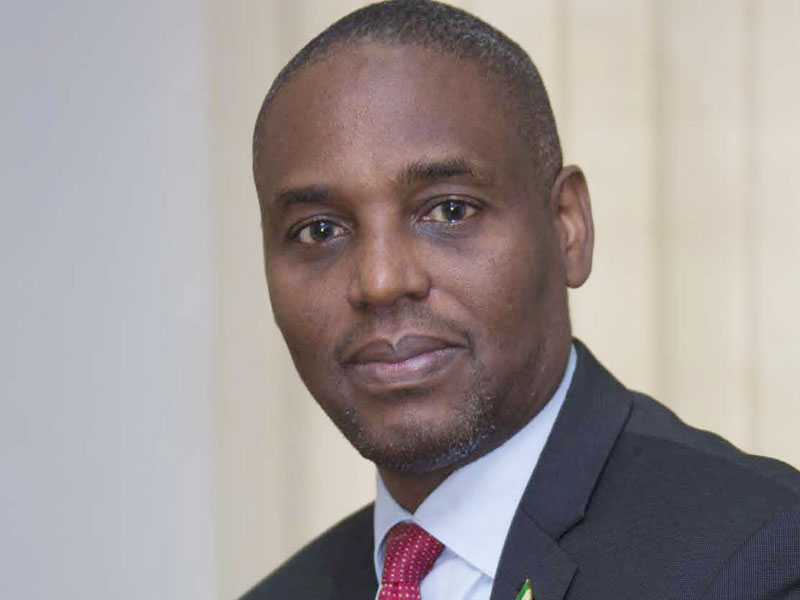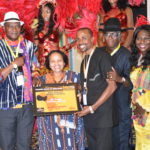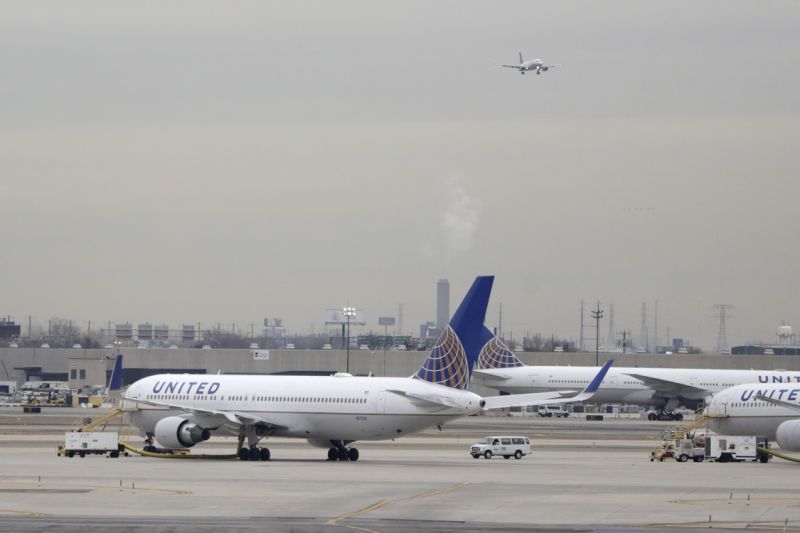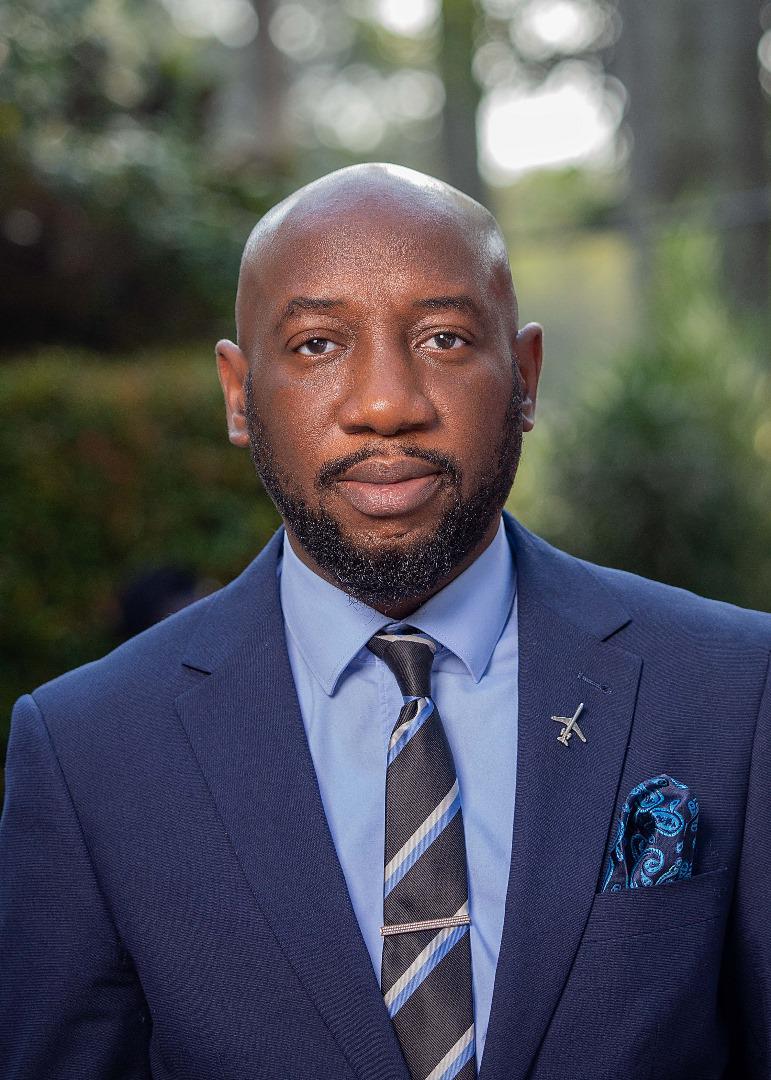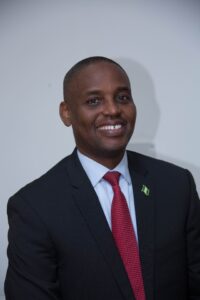
The Managing Director and CEO of Aero Contractors, Captain Ado Sanusi, has said that Nigerian airlines are struggling because of their inability to acquire new fleet due to the country’s ailing economy.
Sanusi who made this known on Wednesday said that the lack of stability in Nigeria’s financial system as it relates to foreign exchange, is threatening the existence of the airlines, which are presently struggling to survive, saying that if the current fiscal uncertainty continues, domestic airline operation will seriously be impaired.
He said that the volatility of the economy and the blacklisting of Nigeria airlines by lessors have led to the situation where airlines are losing their aircraft to AOG (Aircraft on Ground), but they cannot replenish with new fleet because of the economic challenge Nigeria is facing currently.
Sanusi explained that lessors have not published that they blacklisted Nigeria, but while other countries in Africa and other parts of the world lease aircraft at lower costs, Nigerian airlines lease at exorbitant rates, almost double what airlines in other countries pay.
Besides, he said that Nigerian carriers find it difficult to acquire aircraft on dry lease basis because lessors have stopped giving aircraft to Nigerian operators on the long term.
“A Nigerian passenger would like to have a seamless purchase of his ticket and go to a beautiful airport with good lounges and then board an airplane that is on time and enter the cabin of the airplane that is clean, neat and safe and gets a smooth ride to his destination. But that is not what the passenger gets. There are so many factors affecting the reasons why we don’t get that. One, the infrastructure we have is deficient. Two, the airlines are struggling because of the economy, the roller coaster of the naira to dollar exchange rate which of course translates into lack of more airplanes in the airspace. The lack of getting newer airplanes to come into the country because of the economy of the country and the stigma of Nigeria being blacklisted, so to say, to lease airplanes from other parts of the world,” he said.
Sanusi who was former Managing Director of the Nigerian Airspace Management Agency (NAMA), revealed that flight delays in Nigeria’s airline domestic service is largely caused by paucity of aircraft, as the fleet of Nigerian airlines continues to deplete.
“We are blacklisted but it is not written that we are blacklisted but an airline going to lease an airplane from any of the lessors outside the country it becomes so difficult and then the prices become so exorbitantly high compared to other climes that are operating in the same system. So that makes it very difficult for the airlines. The airlines are not presenting to the customer the product that they should present to the customer, that is the passengers; then there will be delays because the airplanes are not as many as to cater for the passengers and then when the passengerscomes to the lounge, I mean he feels the airports are not comfortable for him to stay for the delays two three hours delays and eventually probably cancel flights,” he explained.
He said that what is happening is a reflection of a sick industry, which government and stakeholders have not looked at the actual cause; but rather engage in superficial solutions that cannot dig deeply into the problems to resolve them.
“Now, this is a reflection of a sick industry that we have refused to look at the actual cause of why the industry is sick and we are trying to treat the symptoms. We always say, okay we have a roadmap okay we have a committee that is looking at that, the problems are known and we have to address those problems if we don’t address the problem we will be here again in the next 15 years talking about how the aviation industry is sick,” Sanusi said.
On the Nigeria Civil Aviation Authority (NCAA), Sanusi said the agency plays critical role to ensure that the industry maintain high safety standard, noting that if NCAA is being efficiently managed it will carry out its duties efficiently but Sanusi noted that the agency is not well funded and the technical personnel is not well remunerated, adding that NCAA ought to up its remuneration to be in tandem with the standard in the industry.
In other words, a pilot could be earning about N6 million a month in an airline, if that pilot is employed by NCAA, he would be receiving less than half of that as salary, Sanusi said this erodes efficiency and incentive and urged that NCAA should review its salary structure in other to attract experienced, savvy professionals with modern ideas to strengthen the agency.
“So, when you look at NCAA, it has the responsibility of providing safety oversight which is extremely critical in aviation industry. If you don’t get the Nigerian Civil Aviation Authority right, you have got it all wrong. So, the NCAA has a critical job of safety oversight. Now are they doing it effectively, are they well funded, do they have enough personnel to carry out that safety oversights, are they doing it according to the global standard?
“These are questions that we need to ask and we need to understand that by the recent ICAO (International Civil Aviation Organization), or last year’s ICAO audit; we will see exactly what is happening in NCAA and if we need to go into NCAA to make them more efficient in their jobs and to bring more professionals to do a good safety oversight then we have to do that. I keep saying we do pay coaches to coach our teams big, big money and we can’t get good inspectors to inspect the airplanes that we fly in, we have to pay good money to get this inspectors, we do not want to have retired personnels that have already gone to say, okay come and do it because we are not able to pay what the industry is paying good inspectors, engineers, pilots and air traffic controllers also and cabin services and all the inspectors that you need in the Nigeria’scivil aviation sector,” said.
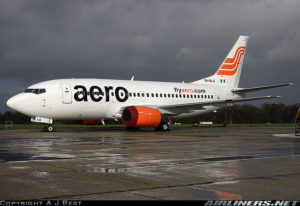
Also, because of the critical role the Nigerian Airspace Management Agency (NAMA) plays in air safety, Sanusi said that without modern equipment and the right number of personnel, NAMA cannot deliver efficient service, saying that there is deficiency in the agency surveillance, which is a method to detect and keep track of aircraft and enhance the air traffic controller’s situational awareness.
“When you go to Nigerian Airspace Management Agency which is saddled with the responsibility of providing air traffic management; are they providing that navigational equipment, is there any deficient in their surveillance, of course there is. Do they need funding, yes. So you see if you look at NIMET and other parastatals, yes there is one thing that they are all crying for which is funding. And they depend on the airlines to fund them. Now the airlines are crying, oh we are not even able to get airplanes and we are still taxed’. So the airlines are heavily taxed to fund the parastatals which the airlines are also dying and so they are transferring their financial burdens to the parastatals, the parastatals that are supposed toprovide services to these airlines but they cannot because they are not well funded. Because the airlines are sick and we expect to have a vibrant aviation industry. It is not possible, we must break the cycle. We must understand as a country that what we have been doing for the past 20-30 years is not working; you cannot tax the airlines to fund the parastatals, it is not possible, it’s not working,” Sanusi said.


